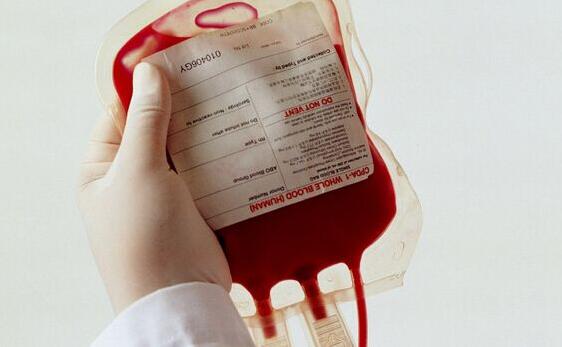If blood didn't circulate through our bodies, carrying oxygen and nutrients, we wouldn't be able to live.
如果血液不能在我们身体内循环,为人体输送氧气和营养,我们便无法存活。
Blood is so important to life that the body constantly makes new blood.
血液对生命十分重要,所以人体会不断的制造新鲜血液。
To do this, the body must produce the liquid part of blood, called plasma, and the cells that float in it.
人体在造血时必须要产生血液的液体部分,即血浆,以及浮在血浆上的细胞。

Plasma is made mostly of water and salts that we absorb through our digestive tracts everyday.
血浆主要由我们通过消化道每天吸收的水和盐组成。
Its job is to deliver nutrients and water throughout the body.
它的作用就是输送水和营养物质到全身各个部位。
Ninety-nine percent of the blood cells floating in plasma are red blood cells, which carry oxygen from the lungs to the rest of the body and give blood its red color.
浮在血浆上99%的血细胞都是红细胞,它们会把肺部的氧气输送到全身各处,这样血液才会呈现出红色。
The average life of a red blood cell is four months.
一个红细胞的平均寿命是4个月。
What Happens After That?
接下来会发生什么呢?
The spleen continuously destroys millions of old red blood cells, recycling the iron to make new red cells.
脾脏不断地将数百万老化的红细胞解体,循环利用其中的铁元素来制造新的红细胞。
译文来自可可英语












